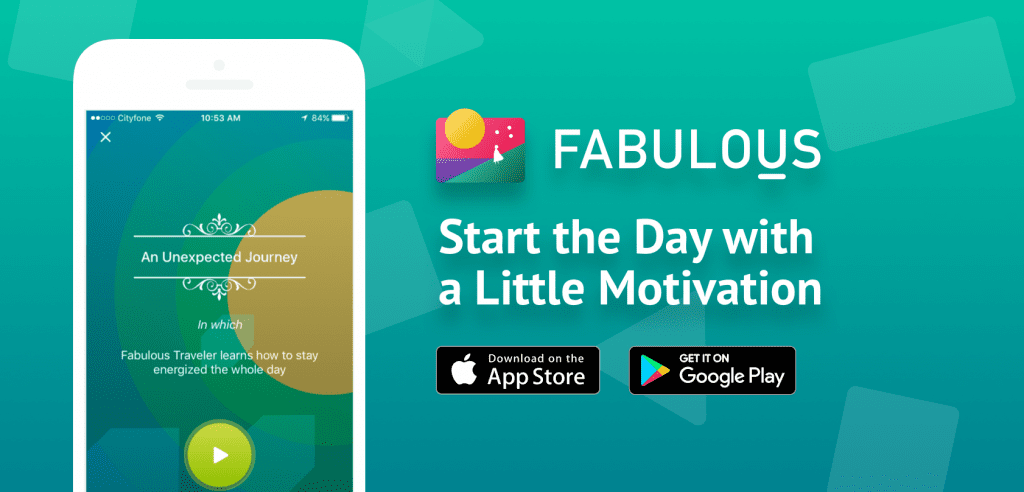It should come as no surprise that we’re big fans of Dan Ariely’s work here at The Fabulous. His book Irrationally Yours is slightly different from his other works, as it’s not a book so much as a collection of letters from his Wall Street Journal advice column “Ask Ariely,” where he pens advice to readers on a wide variety of topics—from missing socks to the price of a human soul—based on both scientific literature and Ariely’s own life experiences.
While the letters chosen have no central lesson to teach, several conclusions rise organically from Ariely’s witty reassurances that, despite all our differences and complexities, we are all incurably human.
People put a premium on the effort it takes to do something.
One theme that comes up, again and again, is the price we put on effort, something Ariely discusses in his other books. Put simply, the harder people work on something, the more valuable it becomes to them and, in some cases, other people. Ariely calls this “The Ikea Effect.”
When a reader named Mike designed an Excel macro for the company where he worked, people said it was useful for creating reports but complained that it took too long to run. The complaints continued even after he sped the macro up by letting it run in the background, using just an hourglass icon to indicate progress.
For fun, he tried a different approach and changed the settings so that people could watch the macro run. Even though the new settings made the macro run three times as long as it had originally, people loved how fast and wonderful the macro was!
This is the Ikea Effect in action. The function the macro performed was completely unchanged, but once people could see all the work the program did to generate those beautiful reports, they suddenly had a new appreciation for them and noticed the passing time less.
The same idea can be applied to parking. When you look for a parking space, you have one of two options. You can wait to see if someone leaves. Or, you can drive around to look for an empty space. With remarkable consistency, people will choose the latter! This happens for two reasons. For one, people find being idle incredibly uncomfortable. More importantly, though, finding a parking space after deliberately searching for one is infinitely more satisfying than simply stumbling into one. Effort makes the hunted parking space more valuable.
[the_ad_group id=”151″]
Applying the Lesson: Getting an A for Effort
Think of something in your life that could benefit from some extra effort. For example, let’s say you want to build an exercise habit that sticks. We want to believe it’s as simple as strapping on running shoes and getting outside every day. We know, however, that people are much more complicated than their long-term goals. The short-term benefits of going back to bed seem to outweigh the long-term benefits of running every day for a year because they’re easier to fully understand at the moment.
But what if we did more than just put shoes on and run? What if we took the time to carefully select and invest in good running shoes? What if we set our clothes out ahead of time before going to bed the night before? And rewarded our exercise with a delicious, protein-filled breakfast that we cooked ourselves?
These seemingly tiny investments of time and effort gradually add up. Our brain recognizes the extra work we’re putting into our habit and saves that information. It sharpens our motivation to maintain the habit because we’ve already given so much of ourselves to it. We understand the value of our time and effort because we know both those resources are finite.
It might sound counterproductive to make something harder to make it easier. However, working harder for longer can have a massive return on investment when it comes to personal satisfaction, well-being, and success.
What are some ways you can sprinkle a little extra effort into your everyday life?




